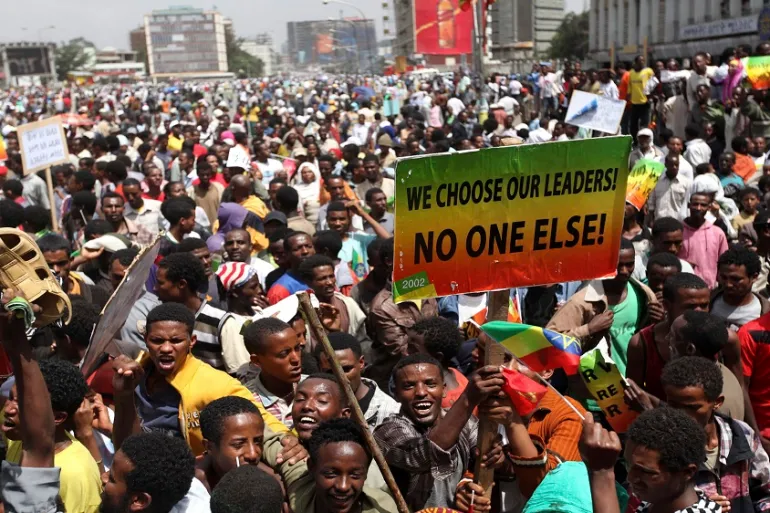moviescout.org – Benin, a West African nation with a history of political turbulence, has been striving to consolidate its democratic institutions since the adoption of its current constitution in 1990. The country has made significant progress in establishing democratic governance, including regular elections and a relatively free press. However, the future of democracy in Benin faces several challenges that could undermine these gains. This article explores the key challenges and prospects for democracy in Benin, offering insights into the potential pathways for democratic consolidation.
Challenges to Democracy in Benin
Political Instability and Governance Issues
Benin has experienced numerous coups and political upheavals since gaining independence from France in 1960. Although the country has held relatively peaceful elections in recent years, political instability remains a significant challenge. Issues such as corruption, nepotism, and weak governance structures continue to undermine democratic institutions.
Economic Constraints
Economic challenges also pose a threat to democracy in Benin. The country’s economy is heavily dependent on agriculture and susceptible to climate change and global market fluctuations. High levels of poverty and unemployment limit the government’s ability to invest in education, healthcare, and infrastructure, which are essential for a thriving democracy.
Social Inequality and Ethnic Tensions
Social inequality and ethnic tensions represent another set of challenges. Benin is a diverse country with over 40 ethnic groups. Disparities in wealth and access to resources among different ethnic groups can fuel tensions and conflict, undermining social cohesion and democratic stability.
Prospects for Democracy in Benin
Strengthening Democratic Institutions
To overcome these challenges, Benin must continue to strengthen its democratic institutions. This includes ensuring the independence of the judiciary, promoting transparency and accountability in government, and enhancing the capacity of electoral bodies to conduct free and fair elections.
Economic Diversification and Development
Economic diversification and development are crucial for the future of democracy in Benin. By investing in education, healthcare, and infrastructure, the government can create a more resilient economy that provides opportunities for all citizens. This, in turn, can reduce poverty and inequality, fostering a more inclusive democratic society.
Promoting Social Cohesion and Inclusion
Addressing social inequality and ethnic tensions is essential for democratic consolidation. The government must implement policies that promote social cohesion and inclusion, ensuring that all citizens, regardless of their ethnic or socio-economic background, have equal access to opportunities and resources.
Engaging Civil Society and Youth
Engaging civil society and youth is another critical factor. Civil society organizations play a vital role in advocating for democratic reforms, holding the government accountable, and mobilizing citizens. Similarly, the youth, who constitute a significant portion of Benin’s population, must be empowered to participate actively in the democratic process.
Conclusion
The future of democracy in Benin is fraught with challenges, yet there are also promising prospects for democratic consolidation. By addressing political instability, economic constraints, and social inequality, while simultaneously strengthening democratic institutions, promoting economic development, and engaging civil society and youth, Benin can build a more resilient and inclusive democracy. The path forward will require concerted efforts from the government, civil society, and international partners to ensure that democracy in Benin not only survives but thrives.
